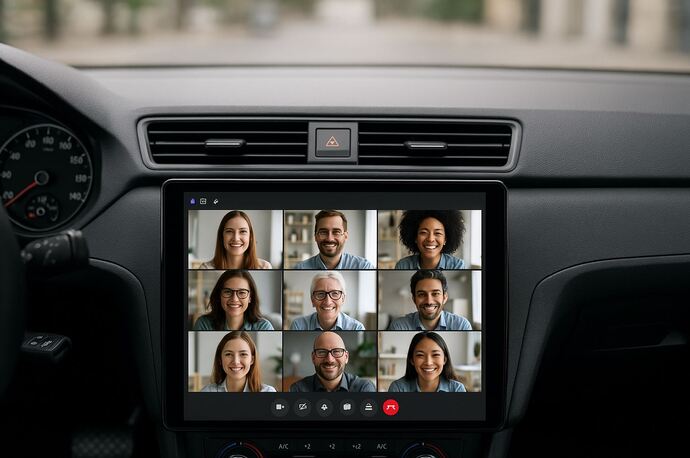What are the 7 (motoring) mortal sins?
July 12, 2023

With over half of motorists breaking 30mph speed limits and an estimated 1 million uninsured vehicles on UK roads, law-abiding drivers could be forgiven for thinking UK roads are a hotbed of criminality. With a long list of misdemeanors to choose from, it's hard to whittle it down to 7 motoring mortal sins. How about these for starters? Please add your own in the comments.
The close pass
Nobody knows for certain why some drivers insist on overtaking cyclists too close. However, it's rarely because they've failed to spot the person on the bicycle. Close passes by motorists are as much a part of UK roads as potholes, but there can be only two possible explanations for why a motorist overtakes dangerously close to a cyclist – incompetence or malice.

Pavement parking
Pavement parking is anti-social and dangerous. People with mobility difficulties or visual impairments and people who care for others are adversely affected by pavement parking and children are at particular risk. Quite apart from the physical danger it creates for pedestrians, pavement parking damages paving stones and kerbs and generally brutalises the built environment.

Speeding
Putting aside the question of why it's possible to buy cars for the road that are capable of exceeding the motorway speed limit by 100% (especially when legislators have gone to great lengths to limit e-bikes to 15mph), neither the threat to other people’s lives nor the risk of penalties dissuades motorists from driving within the law. For example, in 20mph zones where drivers had an opportunity to speed because there were no obstructions or other factors that might limit speed, 86% per cent of car drivers broke the speed limit.

Mobile phone use
The threat of a fine of £200 and 6 penalty points does little to dissuade many drivers from using their phones behind the wheel. Motorists know the risk of getting caught is extremely low and ignore the fact they're putting lives at risk. As a result, the behaviour has become endemic.

No insurance
Despite ANPR (automatic number plate recognition) cameras in some police force areas identifying over 4,000 uninsured vehicles every day, very few drivers receive a penalty or are sent for prosecution.
In 2018, only 79,713 drivers received penalty points for having no insurance - a drop of one third on the previous year. It is estimated that uninsured drivers cost law-abiding motorists around £33 a year in increased premiums, but the cost to society is far higher. According to the police, uninsured drivers are six to seven times more likely to be involved in a fatal collision and 65% have been criminally active in the previous two years (not just traffic offences).
A freedom of information request made by us revealed there is no fully automated process in place for dealing with uninsured vehicles. Britain’s network of ANPR cameras read the details of all vehicles as they pass the camera site. The details recorded can then be automatically checked against data from the Motor Insurance Bureau. However, no process is in place to automatically contact the registered keeper of the vehicle as is the case with speed cameras.

Driving under the influence
There were over 25,000 convictions for drink driving in 2020 and drug driving is a new and unwelcome cause of road danger. In mainland Europe, the limit is either 50mg or 20mg. Here in the UK the limit is up to 4 times higher at 80 milligrams of alcohol per 100 millilitres of blood.
Cutting corners
The inability to correctly negotiate corners presents a significant danger to other road users. If you know why this happens so often, please let us know.

The ethical choice
The ETA was established in 1990 as an ethical provider of green, reliable travel services. Over 30 years on, we continue to offer cycle insurance , breakdown cover and mobility scooter insurance while putting concern for the environment at the heart of all we do.
The Good Shopping Guide judges us to be the UK's most ethical provider.

Information correct at time of publication.







